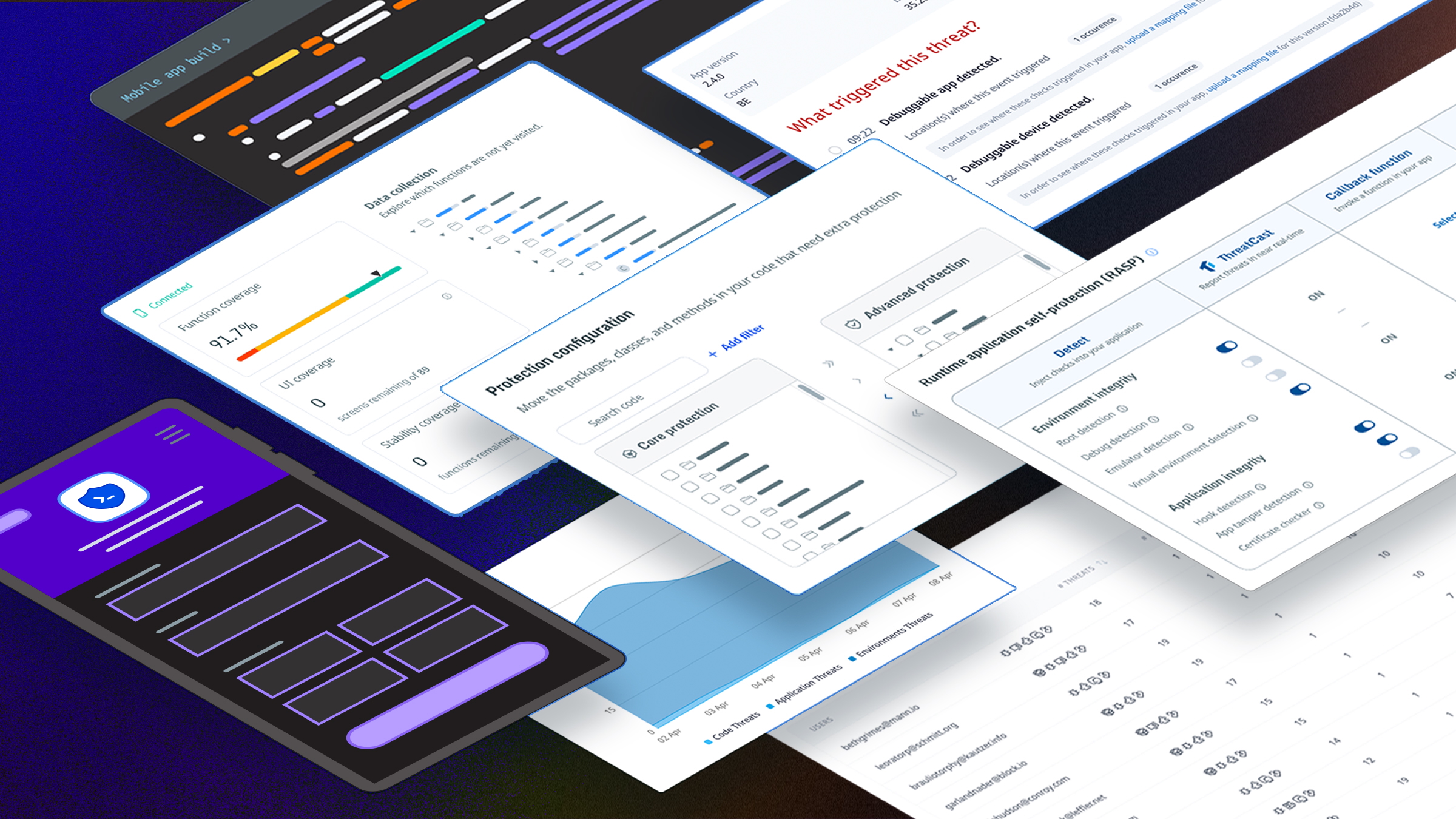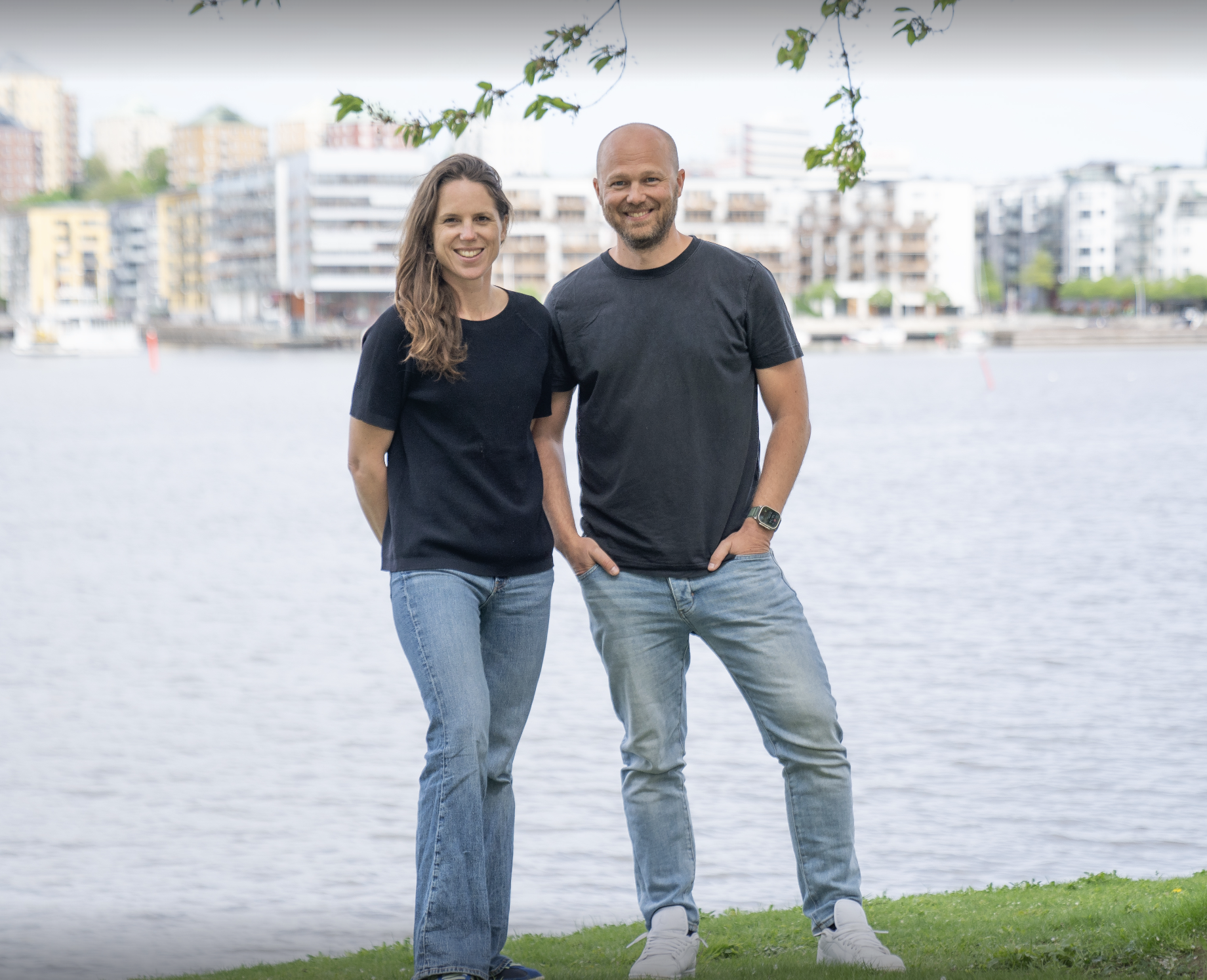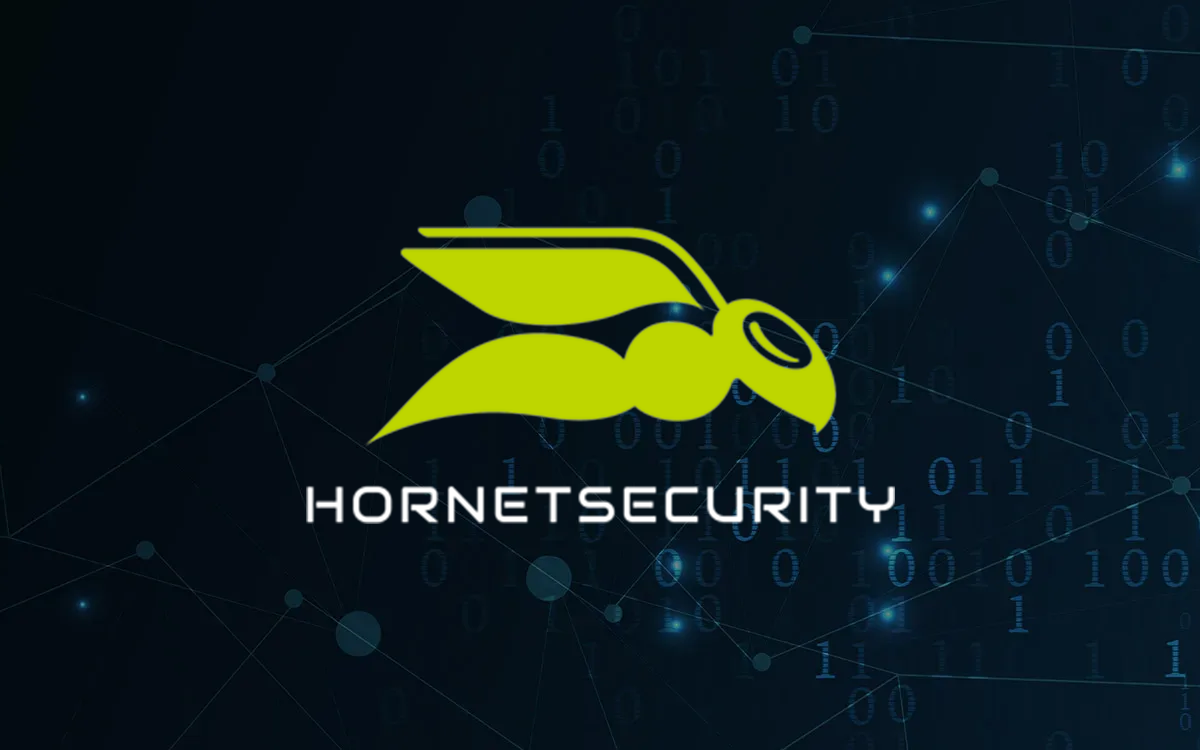You are a globally leading producer of wind turbine protection systems. Tell us a little bit about what you do and your production footprint.
So our market is obviously the wind industry, where in layman’s lingo you could state that we want to be the leading technology expert on the subsystems inside the blade, and on what’s around the blade. The possibilities to improve turbine performance haven’t even come close to where it can go. The blade itself constitutes a giant challenge for the people producing it, and as we progress the blade accessories that Polytech produces similarly get more and more niched and complex as a result of the requirements and materials used in the blade. At the same time, blade sizes and turbine quality standards have risen, so it’s a very dynamic industry – it’s a different ballgame compared to five years ago.
In order to be a Tier1 supplier to the biggest players in the wind industry, you need to be where they build their blades and make strategic blade technology decisions. So from our base in Denmark, we have established a presence in China, Mexico, and the U.S. to cover the global market. Our next big decision will be whether to move into India, where we are seeing some interesting developments in wind energy.
Polytech grew from 480 to 830 coworkers globally in 2020. What part of your business has played the most important role in your ability to parry the impact of COVID-19? Are there any particular ways in which you’ve built your business to be resilient, and are there any new insights on how you’ll be building it going ahead based on 2020?
The most important thing for us in the spring was to make sure we didn’t run out of any components. As things stood, we had the financial backing and strength to secure inventory and raw materials from all over the world. Not being able to do so would have been a massive setback. What also turned out to be important was our diversified revenue streams, where the drop in one of our products was basically picked up in equal measure by another, parrying a change in the market that we hadn’t forecasted.
The Chinese lockdown lasted for most of February, which completely shut down our factory there, but our Danish and Mexican operations meant that we were in a position to ramp up our production footprint to offset the effects of the lockdown. We have regional supply chains that work more or less independently to support our global footprint since obviously, you wouldn’t benefit much from it being global unless there were local supply chains. Imagine having a factory in Mexico and trying to bring materials over from Europe or China during 2020!
Global politics have played a role in making our global production footprint more resilient. Part of the reason we have a Mexican factory is that Trump started a trade war with China, and slapped 25 per cent import duties on materials from China to the U.S. By establishing a presence in Mexico, we were exempted from those tariffs. So in a way, the effects of the U.S.’s stance on global trade over the last four years prepared us for what we didn’t know was coming in 2020. Since these events tend to arrive somewhat unforeseen, we’re continuously balancing opportunity with political developments in the regions we operate in.
Looking a little deeper into your global production footprint, you were scheduled to bring a new factory in Mexico online at the beginning of the year, you have a large factory in China and a logistics centre in the US. With such a global organisation, what’s worked in 2020, and what hasn’t? What has working from home been like for Polytech?
We have 350 people employed directly in manufacturing here in Denmark. Protecting our employees has been our top priority, so everyone not working in manufacturing has engaged in home office work. For a company whose business model is supported by a continuous flow of people – showcasing technology and making client visits, for example – this pandemic has been massively disruptive. For the first time in 15 years, I haven’t visited China. Imagine setting up a factory in Mexico with absolute minimal travel! We’ve had to work around that non-travel bit by introducing new client technologies like video training and smart glasses that we send to China and Mexico from Denmark, and then try to teach our technicians remotely how to install and operate a machine. Although we have actually succeeded in moving some production equipment to China through this process, it’s enormously laborious and to create trust you need to be there to look people in the eye. So while our COVID-19 security protocols are working, we really look forward to being able to start traveling again. But we enjoy a challenge!
You also acquired Fos4X in 2020. Polytech, a Danish company HQ:ed in the Danish countryside, acquiring a Munich-based software company, in the middle of a pandemic. What’s it like doing a transaction in these times, and how are you working around lockdowns and working from home regulations? Are you going at it only via video?
Well, first of all, it’s been very exciting to welcome an entirely new team to Polytech. It demands a lot of both organisations, but it’s definitely worth it. We acquired Fos4X just after the summer, before the second wave hit. I think that we have done a good job of it, but the second wave has meant we’ve needed to spend more time on tasks than we would have if we’d just been able to be there physically. When you discontinue a brand and welcome 100 new talents into the organisation, traditionally you will want to be there in person to meet with them often together with your team to make them feel welcome, motivated and to create buy-in for the new game plan. It’s kind of like a birthday – it’s a lot more fun to be there to celebrate in person than doing it over a video call. Even though that’s how we do it these days, and it still works! So yes, so far only via video, but it is going to be great to meeting everyone once we can all travel again.


